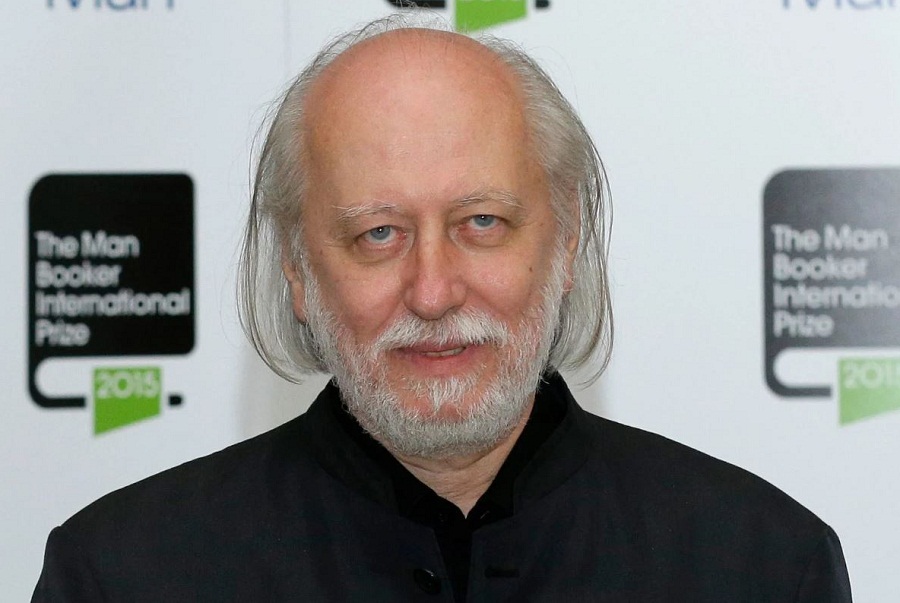Unbearable and ordinary life keeps going: Krasznahorkai, the Nobel winner

Published :
Updated :

Life, he seems to say, is both unbearable and ordinary, and that is the secret reason people keep going.
This year, the Nobel Prize in Literature went to László Krasznahorkai — a writer whose sentences refuse to stop and whose worlds never quite make sense. For many, his novels feel like walking through thick fog; you can see shapes and sense movement, but clarity never comes. Yet inside that fog, some things belong to everyone, loneliness, waiting, and the small, nervous acts of hope that people cling to when life seems too much.
Krasznahorkai is known for grand chaos. Two quiet patterns run through his work, often unnoticed. The first is the slow corrosion of waiting, and the second is the silent comedy of failure — how people keep trying to build meaning from ruins, even when they already know it won't work.
In Satantango, a group of villagers spend their days waiting for Irimias — a man who might be a prophet, a liar, or something else entirely. They wait not because they trust him, but because they have nothing else left. In Baron Wenckheim's Homecoming, the same rhythm repeats, a man comes home, full of regret, and everyone else begins waiting for something to change.
Waiting, in Krasznahorkai's fiction, is not a pause between events; it is the event. His people wait for rain to stop, for someone to return, for a reason to live. And in doing so, they mirror how ordinary life often feels, long stretches of uncertainty filled with strange, meaningless hope.
The second pattern, the quiet comedy of failure, gives his bleak worlds an unexpected pulse. His characters often attempt something absurd, a doctor who records his neighbours' lives while drunk, a man who carries an old manuscript to New York to make it immortal, a giant who writes letters to Angela Merkel about the end of matter. They show that even in decay, people can't stop trying to make sense of things.
Born in 1954 in communist Hungary, he grew up surrounded by uncertainty —a country where the truth changed every few years, and silence became a means of survival. His stories carry that silence. Even when his characters speak in long, unbroken sentences, they are really speaking into a void. He once said he writes to reach 'the point of madness,' and maybe that's what life feels like when waiting becomes the only motion left.
The Nobel Committee praised him for reaffirming 'the power of art in the midst of apocalyptic terror.' But what gives his art power is not only terror; it's recognition. People in his stories go mad cleaning graffiti, lecturing about music, chasing impossible beauty — things that sound absurd until the reader realises how close they are to their own days. His books are full of human habits: obsession, boredom, curiosity, and the slight hunger to see order where none exists.
And then, there's his humour — dry, heavy, the kind that appears when the situation becomes too hopeless to handle. A drunk doctor becomes the town's chronicler; a prophet leads fools into another mess; a man obsessed with mosses turns into a philosopher of nothingness.
People laugh, but the laughter sticks in their throat because they know these people.
Krasznahorkai's books ask nothing of their readers except patience. People keep reading through the mud, and somewhere between one sentence and the next, something opens. It's not clarity, but acceptance.
This year, when he received the Nobel Prize, the world briefly turned its gaze toward this strange, quiet man who writes like a storm that never ends.
That may be why his sentences go on forever. Because life itself doesn't pause neatly, it doesn't break into tidy paragraphs. It just continues — heavy, uneven, beautiful in the strangest way.
raiyanjuir@gmail.com


 For all latest news, follow The Financial Express Google News channel.
For all latest news, follow The Financial Express Google News channel.